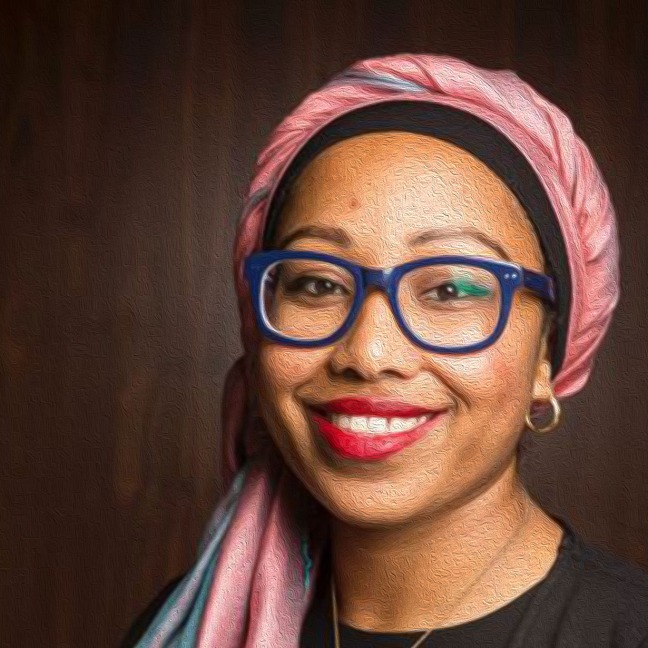Earlier this year, I spoke at Readify as part of their International Women’s Day events held around the country. This is what I said.
I would like to acknowledge and pay respect to the traditional custodians of the land on which we meet; the Gadigal people of the Eora Nation. It is upon their ancestral lands on which we meet. I pay my respects to any elders, past, present and emerging. As we celebrate the courage and resilience of women and gender minorities on this International Women’s Day, may we also pay respect to the traditional gender balance, leadership and innovation of Aboriginal people, embedded forever within their Custodianship of Country.
Today I’m going to start of by setting the scene with a quick snapshot of women in the tech sector, which I’m sure you’re all well aware of. I’m going to focus a little more on the solutions that come from the empirical evidence about what works in lifting up women in the workplace. I won’t talk too long, so we can have a bit more a discussion about what initiatives have worked well here or in other places where you’ve worked, or if there’s anything else you want to dive into. Continue reading Women in Tech











